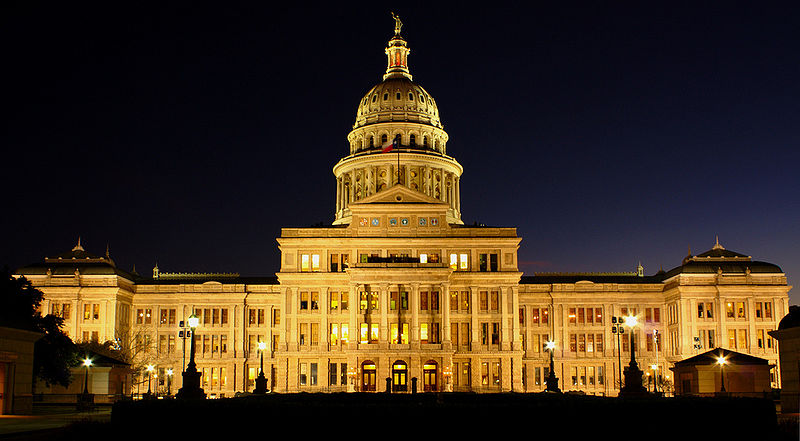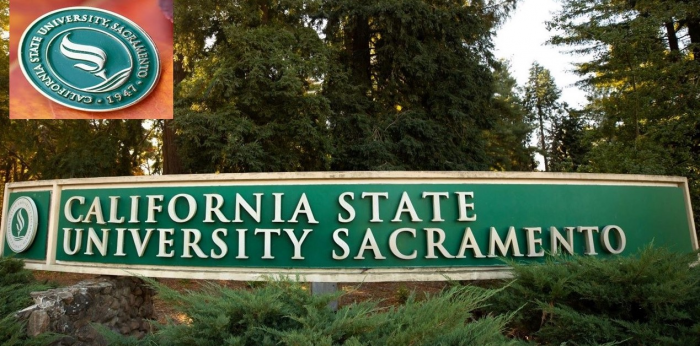 Are you interested in pursuing a career in the U.S. government? More than 20 million Americans are working in or seeking employment in the public sector. Indeed, public sector jobs provide attractive benefits including job stability, comprehensive health care coverage, early retirement and student loan forgiveness, which are all major assets in a recovering but still unsteady economy.
Are you interested in pursuing a career in the U.S. government? More than 20 million Americans are working in or seeking employment in the public sector. Indeed, public sector jobs provide attractive benefits including job stability, comprehensive health care coverage, early retirement and student loan forgiveness, which are all major assets in a recovering but still unsteady economy.
Public Sector Career Benefits
With federal and local governments adding more than 100,000 jobs since 2007, public sector employees can enjoy a stable career. In addition, government employees also have comprehensive health care benefits. The Federal Health Benefits Program provides federal employees with broad health care coverage, which includes plans with group-rated premiums, guaranteed protection and the option to pay premiums with pre-tax dollars.
Federal employees can also retire early. With 10 years of service, public sector employees can retire at 57 (or even earlier for employees born before 1969). The Civil Services Retirement System and Federal Employee Retirement System plans both provide an annuity, along with Social Security benefits and 401(k)-like investment options through the Thrift Savings Plan.
Public sector employees may also qualify for student loan forgiveness after making 120 full, on-time monthly payments under a qualifying repayment plan. At a time when average student loan debt is $29,400, student loan forgiveness may be a highly appealing incentive for many post-graduate professionals.
Before pursuing a public sector position, however, it is important to research whether or not it is necessary to earn a graduate degree to qualify for a job. For positions, such as communications coordinators or technical writers, a master’s degree may not be required but it may help candidates stand out among other applicants. For analytical and managerial positions in federal agencies, a graduate degree is a must. A master’s degree in international relations, public administration or public policy can help professionals achieve their career goals in the government through rigorous curricula, field placements and useful concentration offerings.
Master of International Relations
A master’s degree in international relations can help jump-start a career in the public sector—whether the position is in diplomacy, defense or the intelligence community. Most international relations or foreign policy graduate programs offer several specializations, such as economic relations, development or political and national security, which will help students train for highly skilled roles in the government.
While completing core coursework in statistics, economics, political science, history and international affairs, students can focus their studies on a particular geographic location and hone valuable second language skills. Specialized international policy training will prepare graduates for careers in the U.S. State Department, Department of Defense, USAID or Central Intelligence Agency, among other agencies.
Master of Public Administration
Earning a master’s degree in public administration prepares students for careers in government management at the federal, state and local levels, as well as careers in budget analysis, criminal justice or research.
An MPA program will require coursework in areas including policy, creating budgets, writing grants and conducting research. MPA programs focus on administrative details, placing an emphasis on problem-solving skills and policy implementation. Students may additionally specialize in a regional area, environment, management, advocacy, applied science or other niche courses of study.
Depending on the specialization, an MPA student may pursue a career as an urban planner or community health director at the city level, a director of transportation or cabinet member at the federal level, or a budget director for a government agency.
Master of Public Policy
Compared to an MPA program, an MPP is more about setting policy than implementing it. An MPP graduate will be well positioned for a role at a government organization, a legislator at the local, state or federal level, a policy analyst, urban planner, city manager, or research associate in a government agency. Political science, economics, statistics, economics and management topics will all appear in MPP coursework. Students will learn how to define policy issues to officials, how to assess policy and alternatives, as well as how to examine policy options.
A graduate degree in foreign policy, public administration or public policy can help build skills and experience that position graduates for challenging careers in public service. A graduate degree from a reputable program can help job candidates better qualify for competitive public sector positions and attain higher level management positions in government or to fine-tune leadership and policy management abilities.




RN/BSN VERY INTERESTED IN A GOVERNMENT JOB
I’m a registered nurse with my BSN interested in a possible career change and employment in the government sector